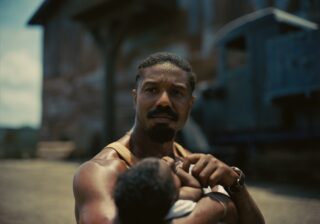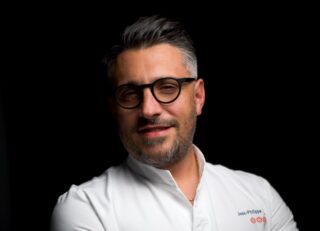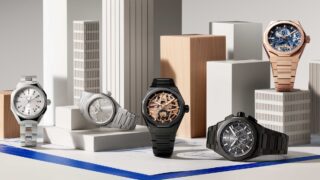This website uses cookies so that we can provide you with the best user experience possible. Cookie information is stored in your browser and performs functions such as recognising you when you return to our website and helping our team to understand which sections of the website you find most interesting and useful.
A positive change: Rebecca Prince-Ruiz writes about the power of Plastic Free July
By Rebecca Prince-Ruiz | 22 June 2021
In 2011, Rebecca Prince-Ruiz began the Plastic Free July campaign in Perth, Australia. 10 years on, and leading a global movement spanning 177 countries, she tells us how to stick to our plastic-cutting goals.
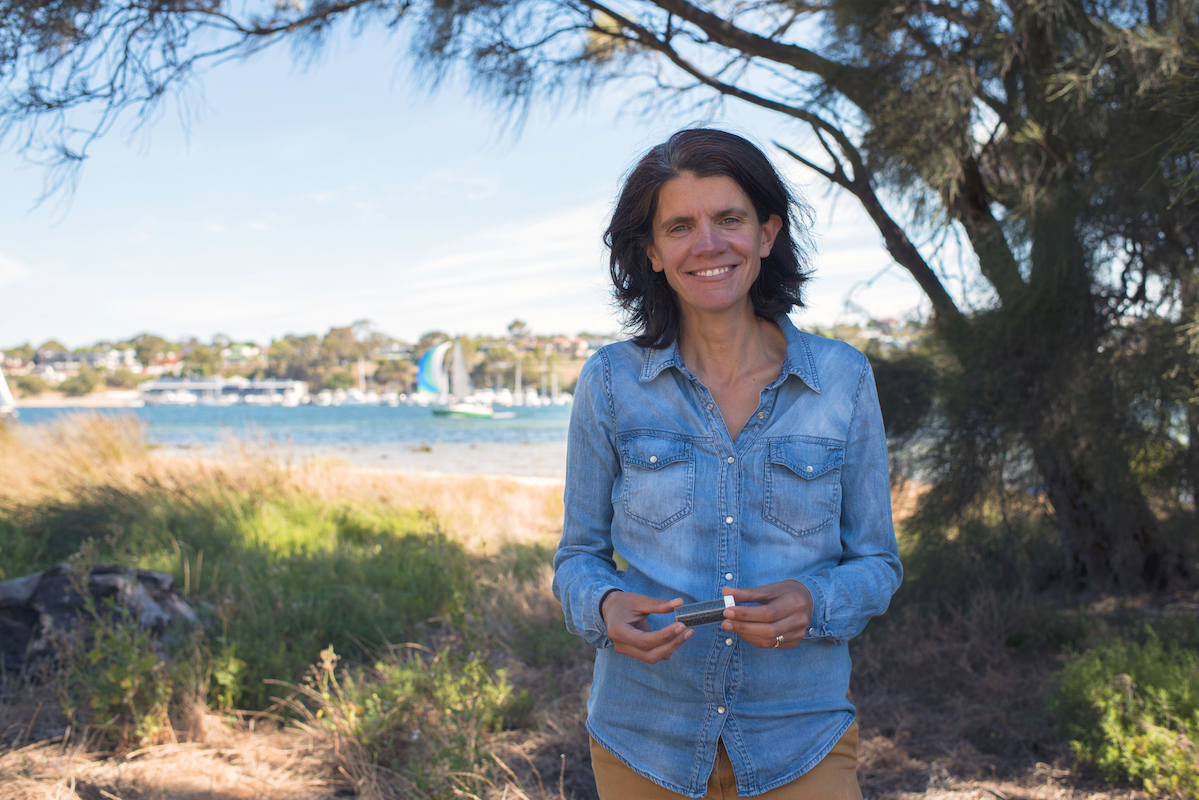
In 2011 I was working in local government in Perth, Western Australia when I visited a recycling facility. There, I could see where mine and my friends and family’s waste actually went, and witnessed myself the enormously complex, energy-intensive process that was required to sort it and send parts of it off for recycling.
I never set out to start a campaign or a formal challenge – and certainly not a global movement – it was really about changing my own behaviour and trying to make a difference, by attempting to cut out single-use plastic for an entire calendar month each July – and beyond.
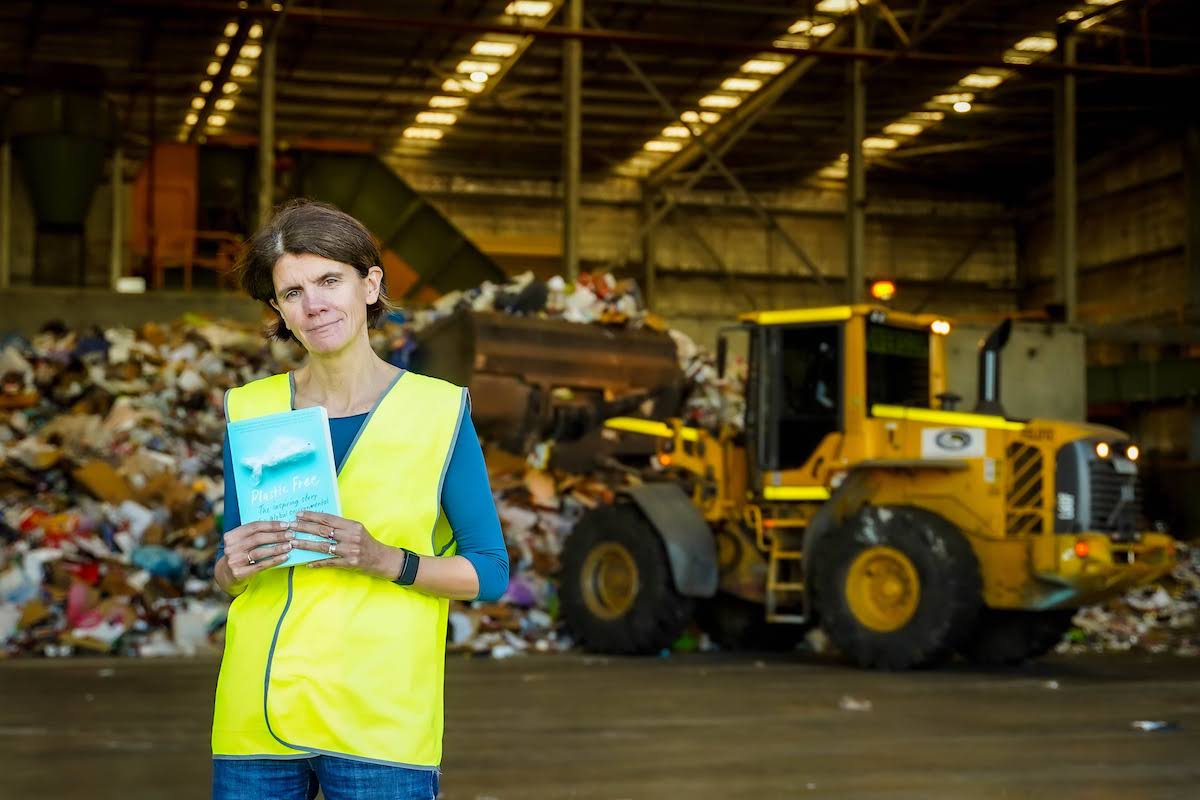
It has since grown into a global movement; we had an estimated 326 million people from 177 countries taking part in Plastic Free July in 2020, with endorsements from public figures from Princess Eugenie to [musician] Cat Stevens.
Times have definitely changed. If I had started doing something like Plastic Free July last year, I would have been one of many, many people following similar paths and raising awareness about plastic waste. But even just 11 years ago, nobody was really talking about this issue. When I first asked for a drink without a straw the cashier looked at me like I was speaking another language; now I can go to my local supermarket and buy a toothbrush made out of bamboo.
The same goes for participation levels. In the first year there were just 40 of us in Perth – mainly friends and family – and the challenge was far harder than I anticipated. But by doing it together, sharing tips and stories about it and being encouraging toward those looking to start cutting down on plastic, word-of-mouth allowed it to spread.
People started talking to their friends and families more and more each year – along with sharing ideas and tips on social media – and we went from 40 to 400 to 4,000 participants year-on-year.
Realistically, we can’t do or change everything in one go. I encourage people to start from where they are and build slowly.
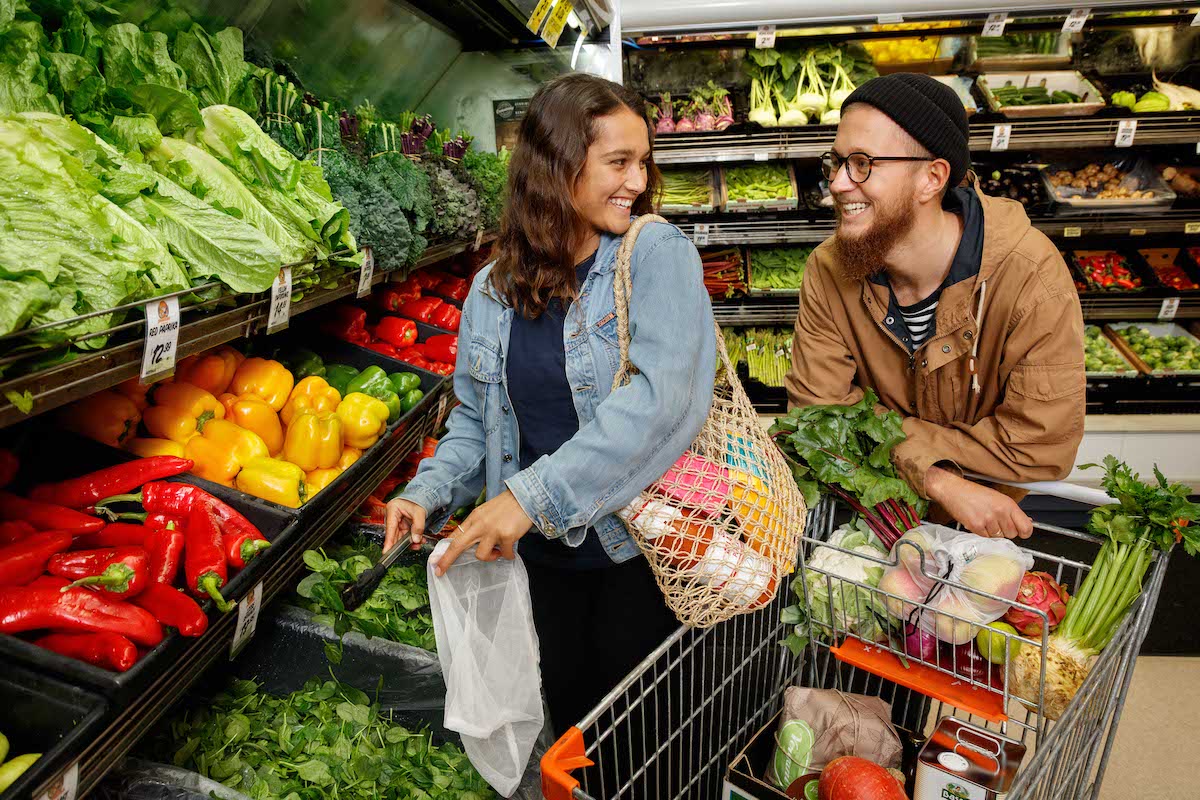
You can do this by, first, taking note of the plastic in your life and how much you use in a set time period. Look at the plastic in your bin, in your kitchen and your fridge and choose one thing at a time to tackle. Starting too big and trying to change everything simultaneously is too difficult and will often lead to feelings of failure and giving up.
For instance, you can start by just cutting out non-reusable coffee cups or plastic water bottles, or items with an excess of plastic packaging. Get those good habits in place and then take on the next challenge, be it searching for reusable medical masks or bags made from recycled materials.
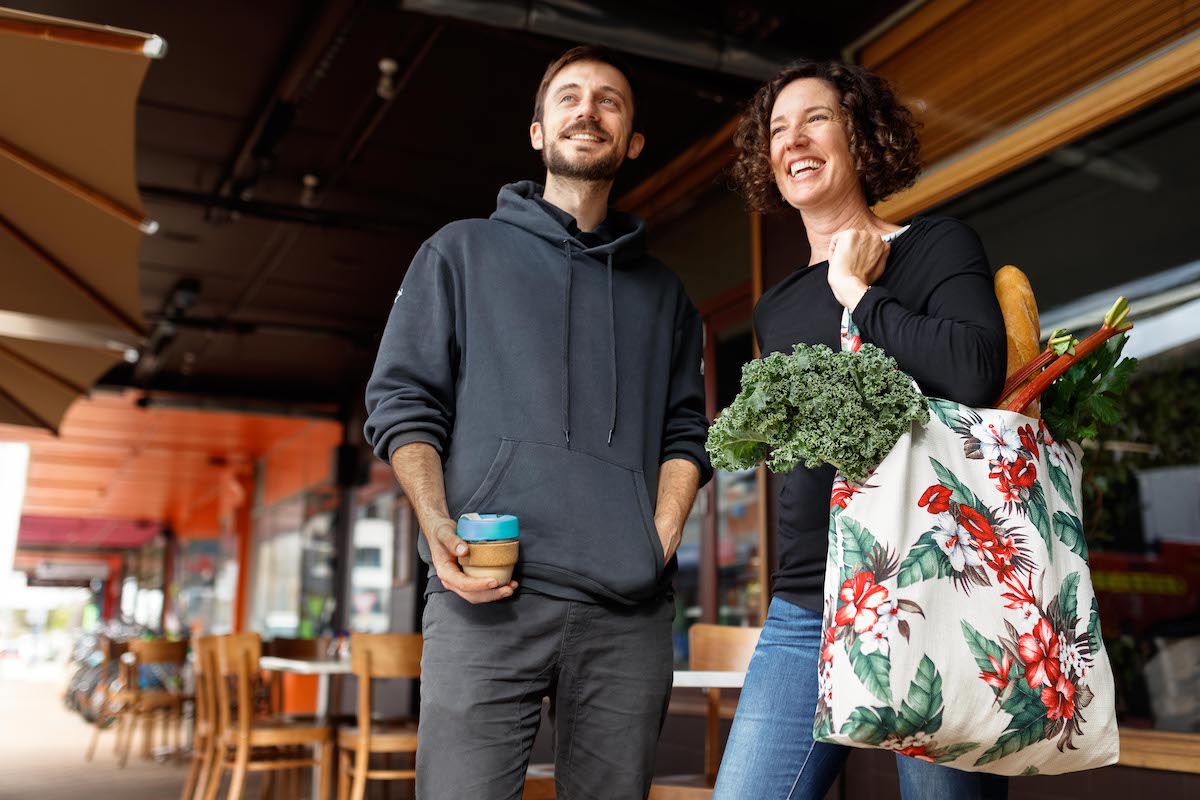
At the Plastic Free Foundation, we believe in focusing on the solutions; not the problems. We’ve never been about blaming or shaming people or businesses. I think because our campaign covers just one month out of the year and so there’s no pressure to tackle all your plastic usage in one go, we’ve managed to keep everything we do as a positive thing.
We have businesses, schools and people from all across the political spectrum trying Plastic Free July.
Our main message is that, as individuals, we can’t do everything – and certainly not all at once – but there is always something that we can do to get better. We just encourage people to do what they can, and I’m proud of everybody who takes part and helps to make a difference.


